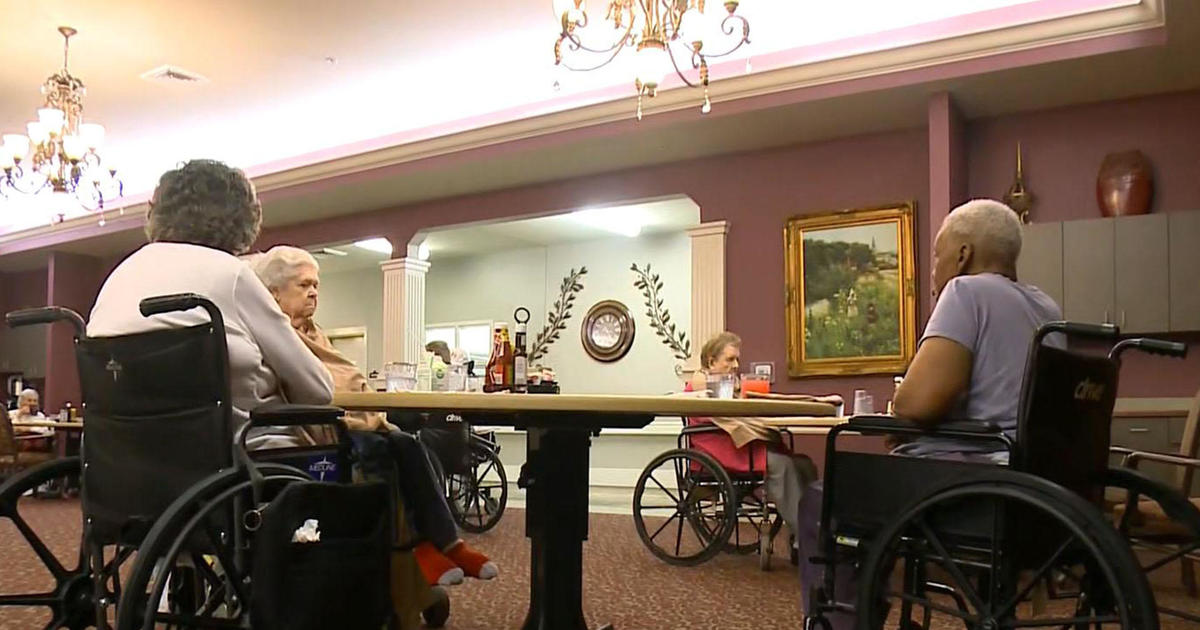Table of Content
This is welcome relief considering the growing number of mistakes from the HHSC that require appeals to fix. If you mess up and create a gap in payment, then you can still owe the nursing home money. In that case, they would still be able to force your parent out if someone doesn’t pay the balance because that would be a case of nonpayment. However, as long as you get through the process correctly the first time, you can avoid that surprise bill. Before this new rule there was a gray area that some facilities chose to exploit.

Therefore, in some cases NF services may be more immediately available than other long-term care options. NF residents and their families should investigate other long-term care options in order to transition back to the community as quickly as possible. Medicaid coverage of Nursing Facility Services is available only for services provided in a nursing home licensed and certified by the state survey agency as a Medicaid Nursing Facility . Medicaid NF services are available only when other payment options are unavailable and the individual is eligible for the Medicaid program.
Texas Nursing Home Medicaid Qualifications
The law says Medicaid must approve or deny an application within 90 days. However, for a variety of different reasons, it is very common for Medicaid approvals and denials to take considerably longer.
Because there is so much variance, someone who is eligible for Medicaid in one state might not be eligible in another. In all states, persons can “spend down” their assets that are over Medicaid’s limit. Medicaid has a 60-month look back period in which assets transferred for less than fair market value result in a penalty period of Medicaid ineligibility.
Determining Eligibility For Medicaid Long Term Care
Despite the many anticipated challenges, working with the family members is by far one of the most important pieces of the process. Ultimately you need to be the one to monitor or babysit the process, if you want to be paid. Depending on your case mix you may need to have someone devoted to overseeing the Medicaid Pending residents and keep the process going.

For those who can afford it and who can qualify for coverage, long-term care insurance is the best alternative to Medicaid. To be eligible for Medicaid long-term care, recipients must have limited incomes and no more than $2,000 . If my husband is in a nursing home and he depletes all his assets, will I be responsible for his nursing care costs, even... Ultimately, it is the resident and family who will determine if Medicaid is approved or not. It is the facility’s responsibility to make it as easy as possible for the family to go through the process.
What Does “Medicaid Pending” Mean?
Medicaid pays a fixed daily rate so a nursing home Medicaid beneficiary does not have to pay any part of the cost. Pre-Admission Assessments for Nursing Home CareEvery state has its own standard screening process to decide whether Medicaid applicants need a nursing home. A general term for the required screening is pre-admission level of care screening.

Nursing home residences do not receive payments from the state for a “Medicaid pending” resident. However, residents in this status are expected to pay the majority of their income to the nursing home. Even after approved for Medicaid-funded nursing home care, one must contribute most of their income towards nursing home costs. Nursing home residents are limited to a small personal needs allowance. For example, in 2022, the personal needs allowance in California is $35 / month, Texas allows $60 / month, and Florida allows $130 / month. The cost of health insurance premiums, such as Medicare, may also be deducted from their income.
A nursing facility is one of many settings for long-term care, including or other services and supports outside of an institution, provided by Medicaid or other state agencies. 3) Provide the home with a copy of one’s Medicaid application and any documents that prove the applicant is financially and functionally eligible and therefore likely to be approved for services. Once an individual has been admitted into full-time nursing care, a nursing home is not allowed to discharge that resident for an inability to pay unless there is a safe alternative. A Medicaid applicant who is married has the option in many states to transfer some or all income to the spouse as a “monthly maintenance needs allowance.” Click here for more info. It generally takes between 45 and 90 days for a Medicaid application to be processed and either accepted or denied by the state Medicaid office. However, depending on the circumstances and the state in which one resides, the application process could be shorter or longer.
Upon approval of a senior’s Medicaid application, Medicaid will reimburse the nursing home for the period that a resident was in “Medicaid pending” status. If an applicant is denied Medicaid, the nursing home will attempt to collect past due bills from the resident and / or their family members. A Medicaid Pending nursing home is one that does not require payment while a Medicaid application is pending. After all, very few of us can afford to sit around and bleed money while fighting through the government red tape.
Some nursing homes may ask the resident’s family to pay for the full cost of care while the elder’s Medicaid application is pending. It is highly advised that the family does not make this financial commitment. If the family covers the cost of care in the interim, they very likely will not be repaid once the application has been approved.

The MDS 3.0 Section Q referral process does not otherwise change a facility’s discharge planning responsibilities. Learn how a special needs trust can preserve assets for a person with disabilities without jeopardizing Medicaid and SSI, and how to plan for when caregivers are gone. Learn who qualifies for Medicare, what the program covers, all about Medicare Advantage, and how to supplement Medicare’s coverage. So what can you do when that person steps through your admissions door?
Besides income, your assets will be counted toward meeting eligibility requirements. Countable assets include checking and savings account balances, CDs, stocks, and bonds. There is no exhaustive list of services a NF must provide, in that unique resident needs may require particular care or services in order to reach the highest practicable level of well being. The services needed to attain this level of well-being are established in the individual's plan of care.

No comments:
Post a Comment